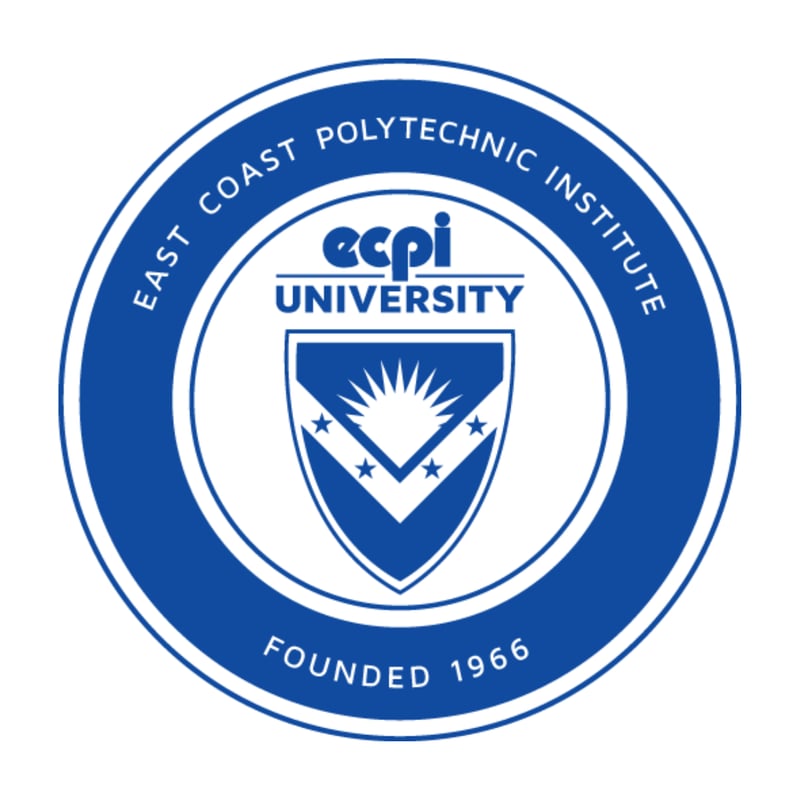
Financial aid (may be available)

No cost info

Financial aid (may be available)

Financial aid (may be available)

Financial aid (may be available)

Financial aid (may be available)

Financial aid (may be available)

Financial aid (may be available)

No cost info

No cost info

Financial aid (may be available)

Financial aid (may be available)

Financial aid (may be available)
This certificate program provides a foundation in supply chain and logistics management from both a U.S. as well as global perspective, preparing participants for professional careers with manufacturers and distributors, transportation carriers, and logistics service providers.
No cost info
American Military University (AMU) offers a logistics management certificate at the graduate level. It provides in-depth study of logistics and supply chain management with consideration of global impacts.
AMU’s online logistics certificate emphasizes transportation factors related to logistics, especially the maritime industry. The curriculum covers topics such as:
Transportation policy and planning
Transportation management and economics
Port and terminal operations
This program is an appropriate choice for those who wish to increase their knowledge of logistics and supply chain management without committing to a full degree program.
No cost info
No cost info
The online Logistics and Supply Chain Management Certificate from CCU will help you gain a deeper understanding of the processes and fundamentals within supply chain and inventory management, including purchasing and inbound logistics; material handling in distribution centers; warehousing and warehouse management; financial and inventory controls; transportation and distribution; and reverse and global logistics.
No cost info

Financial aid (may be available)

$2,730 total

No cost info
No cost info
Learn about the components of supply chains including supply chain networks, supply chain facilities, transportation, and inventory management as well as how emerging technologies affect them with our Supply Chain Fundamentals Certificate. These courses are perfect for learners seeking to enter the supply chain profession, as well as those who are seeking to enter supervisory roles or enter a new domain within the supply chain.
No cost info

Financial aid (may be available)
Are you interested in pursuing a career in logistics? If you live in Provo, you're in luck! There are several logistics classes available near you that can help you gain the skills and knowledge needed for this in-demand field. Whether you're just starting out or looking to advance your career, taking a logistics class can be a great investment in your future. In this blog post, we'll explore what logistics is, the training requirements, what to look for in a class, what to expect from the day-to-day class, the certification process, how to find related jobs, and other classes you can take after becoming a logistics professional.

Logistics refers to the process of planning, implementing, and controlling the efficient flow and storage of goods, services, and related information from the point of origin to the point of consumption. It plays a crucial role in various industries, including manufacturing, retail, transportation, and more. As a logistics professional, you will be responsible for managing the movement of goods and ensuring they reach their destination in a timely and cost-effective manner.
To become a logistics professional, you typically need to complete a training program. While there is no specific degree requirement for entry-level positions, having a formal education in logistics or a related field can give you a competitive edge in the job market. Many vocational schools, community colleges, and trade schools offer logistics programs that can provide you with the necessary skills and knowledge.
When choosing a logistics class, it's important to consider several factors to ensure you're getting the best education and training possible. Here are some things to look for:
Accreditation: Make sure the class or training program is accredited by a recognized accrediting body. This ensures that the curriculum meets certain quality standards and that your certificate or degree will be recognized by employers.
Curriculum: Review the curriculum to see if it covers the essential topics and skills needed in the logistics field. Look for classes that offer a comprehensive and up-to-date curriculum that includes subjects such as supply chain management, inventory control, transportation management, and logistics technology.
Hands-on Experience: Practical experience is crucial in the logistics industry. Look for classes that offer hands-on training, internships, or cooperative education opportunities that allow you to apply what you've learned in real-world settings.
Instructor Qualifications: Find out about the qualifications and experience of the instructors who will be teaching the class. Ideally, they should have industry experience and expertise in the field of logistics.
Job Placement Assistance: Some logistics classes offer job placement assistance to help students find employment after completing the program. This can be a valuable resource in your job search.
Logistics classes typically consist of a combination of classroom instruction, hands-on training, and practical exercises. Here's what you can expect from the day-to-day class:
Classroom Instruction: You will attend lectures and participate in discussions to learn about the various aspects of logistics. This may include topics such as supply chain management, inventory control, transportation management, and logistics technology.
Hands-on Training: You will have the opportunity to apply what you've learned in practical exercises and simulations. This can include activities such as creating a transportation plan, managing inventory, or using logistics software.
Group Projects: Collaborating with your classmates on group projects is a common part of logistics classes. This allows you to develop teamwork and problem-solving skills while working on real-world logistics scenarios.
Guest Speakers: Some classes may invite industry professionals to speak to the students. This provides valuable insights into the logistics industry and allows you to network with potential employers.
After completing a logistics class, you may have the opportunity to obtain a certification in logistics. While certification is not always required for entry-level positions, it can enhance your resume and demonstrate your expertise in the field. The certification process typically involves the following steps:
Eligibility: Check the requirements for the certification you're interested in to ensure you meet the eligibility criteria. This may include having a certain amount of work experience or completing specific training programs.
Preparation: Study and prepare for the certification exam. There are various study resources available, including textbooks, online courses, and practice exams.
Exam: Schedule and take the certification exam. The exam will assess your knowledge and skills in logistics, and passing it will earn you the certification.
Maintenance: Some certifications require ongoing education or recertification to ensure professionals stay up-to-date with the latest industry trends and practices.
Once you've completed your logistics class and obtained any necessary certifications, you'll want to start looking for job opportunities in the field. Here are some ways to find related jobs:
Professional Networking: Build connections in the logistics industry by attending industry events, joining professional associations, and reaching out to professionals on platforms like LinkedIn. Networking can often lead to job opportunities and valuable insights into the industry.
Company Websites: Check the websites of companies in your area that specialize in logistics. Many companies post their job openings on their websites.
Job Fairs: Attend job fairs that specifically target logistics professionals. These events often feature multiple employers looking to hire qualified candidates.
Once you've established yourself as a logistics professional, there are other classes you can consider taking to further expand your skills and advance your career. Some options include:
Supply Chain Management: Supply chain management classes can provide you with a broader understanding of the entire supply chain process, from procurement to distribution. This knowledge can be valuable in managerial roles within the logistics field.
Project Management: Project management classes can help you develop the skills needed to successfully plan, execute, and manage logistics projects. This can be particularly beneficial if you're interested in leading large-scale logistics operations.
Six Sigma: Six Sigma is a data-driven methodology used to improve processes and reduce defects. Taking a Six Sigma class can enhance your problem-solving and process improvement skills, which are highly valued in the logistics industry.
Warehouse Management: Warehouse management classes focus on the efficient operation and organization of warehouses. This can be useful if you're interested in pursuing a career specifically in warehouse management or if you want to broaden your knowledge of logistics operations.
If you're interested in a career in logistics, taking a logistics class can be a great way to gain the necessary skills and knowledge. By choosing an accredited class that offers a comprehensive curriculum and hands-on experience, you'll be well-prepared for the day-to-day challenges of the logistics industry. Remember to consider obtaining relevant certifications and continue your education with other classes to further enhance your skills and career prospects. With the help of resources like Dreambound, you can find the perfect logistics class near you in Provo and embark on a rewarding career in this field.
Dreambound has written many guides to help you understand what it takes to get this certification. If you're curious about the process or requirements in other states, check out our other guides below:
Thinking about a potential career transition? Dreambound offers detailed guides to help you with making an informed decision. Dive in below:
Dreambound's platform allows prospective students to find the right educational program for them through searching, filtering, and connecting with our extensive selection of career & technical education partners.
Dreambound has over 70 programs across healthcare, technology, business, and industrial trades. This includes programs such as Medical Billing, Cybersecurity, and welding.
Some of our schools offer financial aid for those who qualify. Many others offer payment plans, where you can pay the cost of class over time.
Yes, Dreambound offers many online programs. On Dreambound's search, you can filter by online, in-person, and hybrid (part online, part in-person).
Dreambound is completely free for you to use! We are supported by schools and organizations who pay to advertise on our website, so we can offer all of our career resources for free.